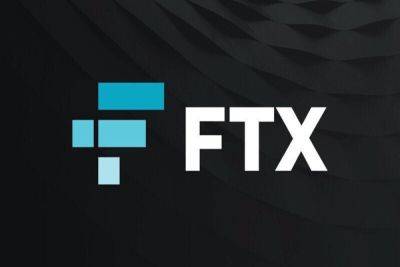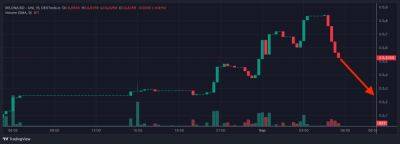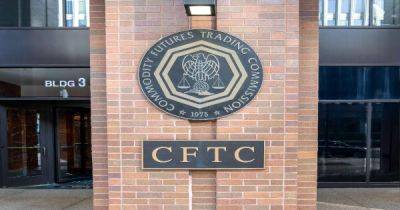Taiwan's Financial Supervisory Commission Drafts New Crypto Regulations
Taiwan's Financial Supervisory Commission (FSC) has drafted a set of guidelines to regulate virtual asset platforms, according to information obtained by Abmedia News. The draft, which is not yet finalized, consists of thirteen principles and related appendices. The guidelines are expected to be announced in September 2023.
Key Principles
Regulation from an Anti-Money Laundering Perspective: The FSC will supervise businesses from an existing anti-money laundering (AML) perspective, focusing on customer protection measures such as asset custody methods, transparency in transaction information, external expert guidance, and internal control management.
Issuance of Tokens, but Not Stablecoins: Businesses can issue virtual assets, but not stablecoins. The FSC believes that stablecoins could affect national sovereign currency and monetary policy.
Exchange Listing and Delisting Review Mechanism: Exchanges must establish review standards for listing and delisting virtual assets.
Asset Segregation: The FSC requires businesses to separate company assets from user assets, including both fiat and virtual currencies.
Fair and Transparent Trading: The FSC demands clear trading rules to ensure market fairness and avoid manipulation and conflicts of interest.
Banking Compliance: Businesses must comply with banks in executing customer identity verification and transaction monitoring for AML purposes.
Advertising and Disclosure: Businesses must avoid misleading advertising and must fully disclose product information.
Cold and Hot Wallet Proportions and Liability Insurance: Exchanges must define cold and hot wallet proportions and insure against user losses within their responsibility scope.
Illegal Contract Trading Punishable
Read more on blockchain.news

 blockchain.news
blockchain.news




















